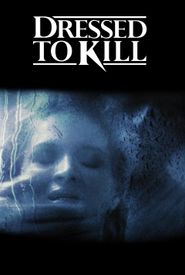Samuel Z. Arkoff, a brash and imposing lawyer in his early thirties, made a name for himself in the early 1950s by representing his in-laws and the Hollywood fringe, a client base that included the infamous director and transvestite Edward D. Wood Jr. and his social circle. Arkoff's sharp instincts and ability to intimidate his opponents allowed him to secure a $500 settlement from Realart Pictures, a company that was re-releasing old movies under new titles. This success caught the attention of James H. Nicholson, the sales manager of Realart Pictures, who was impressed by Arkoff's negotiating skills and proposed a partnership. This partnership led to the formation of American Releasing Corp. in 1954, which would later become American International Pictures, or AIP.
AIP's early focus was on producing low-budget westerns, which were cheaper to make than traditional studio films. Although these films were profitable, Arkoff was dissatisfied with the returns and sought advice from theater owners on what types of films were in demand. By the mid-1950s, the movie industry was experiencing a decline in audience numbers due to the rise of television, but Arkoff saw an opportunity to capitalize on the teenage market's desire for horror movies and drive-in films. AIP jumped into the horror genre and quickly became a success, catering to the whims of teenagers and adapting to trends.
Under the leadership of Nicholson and Arkoff, AIP built a reputation for producing kitsch classics that ranged from horror to rock-'n'-roll, from juvenile delinquency to Italian muscle men, and from Edgar Allan Poe to Annette Funicello. The company's films were often more entertaining than the advertisements that promoted them, and Arkoff's ability to manage egos and keep costs low allowed him to produce profitable films. After Nicholson's resignation in 1972, Arkoff took full control of the company and remained in charge until the 1979 merger with Filmways, when he departed to form Arkoff International Pictures.

































